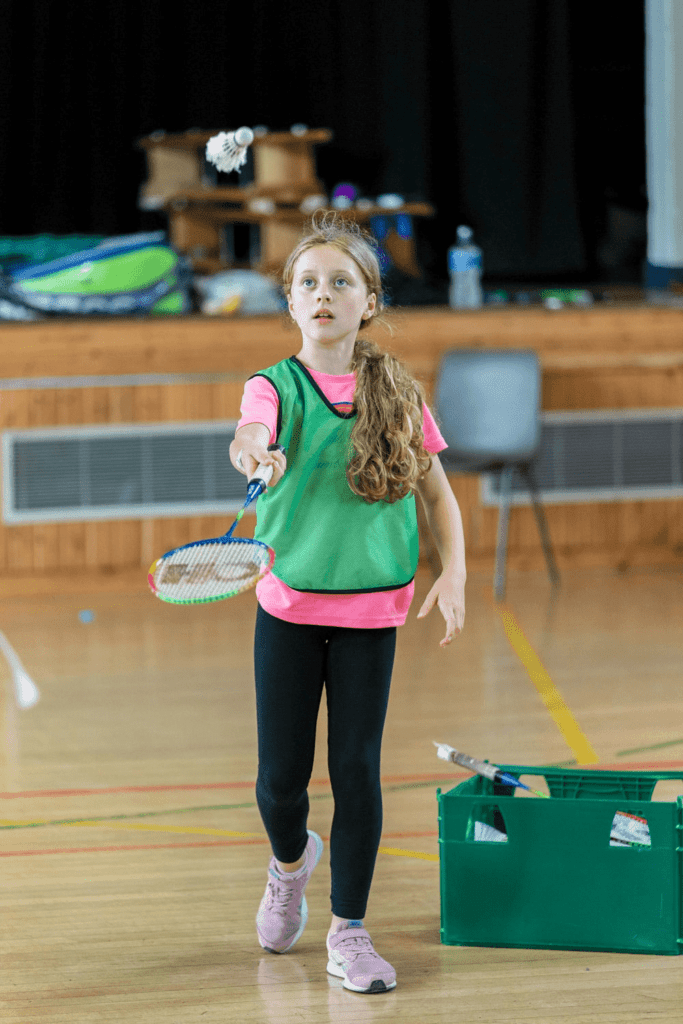
Since the pandemic, more and more parents have switched to online schooling for their children. Compared to conventional school, online school is safer and more beneficial for students, especially if they actively play sports.
At Cambridge Home School Online, our MA/MSc/PhD qualified subject specialist teachers deliver lessons to hundreds of students who play competitive sports. Most of our students play sports, even if they don’t play competitively. As an institution, it is our responsibility to ensure that these students continue to make time for sports. We also shoulder the responsibility of ensuring that our students retain their energy levels throughout the day, enough to not affect their sporting performance.
If you homeschool your children, make sure you create a well-planned, well-structured, and balanced sporting timetable. This can be slightly tricky for parents who homeschool their children themselves. We strongly recommend considering making the switch to institution-led homeschooling, i.e., online schooling. This is a great homeschool option for working parents.
In this blog, we’ll walk you through the process of setting up a sporting schedule for your children. Please note that this process is significantly easier for parents who homeschool their children at an esteemed online school. However, you can still use these insights if you’ve opted for the parent-led homeschooling approach. Continue reading, take notes, and feel free to discuss your questions with us towards the end of the blog. Let’s begin!
1. Set Up a Digital Calendar

In 2022, digital calendars have become every parent’s favourite tool. We recommend finding a calendar that offers a range of in-build, adjustable features. You should be able to plan multiple events in a day with ease. You should also manage to track overlaps, make changes as you deem fit without any inconvenience, and sync your calendar with other devices (your phone, tablet, laptop, computer, etc.).
A digital calendar is nothing short of a lifesaver, especially if your children have an active routine. Start by deciding how much time you want your children to spend on homework, revision, sports, and other extracurricular activities. These should be separated from your child’s school hours. If your child plays competitive sports, prioritise sports just as much as academics. If they’re training, prioritise academics more than sports.
These decisions will vary significantly. Based on your child’s interest in sports, performance, age, and lifestyle, determine how much time should be spent on each activity. Make sure you consider your child’s opinion. This is imperative. They should feel involved in the process, even if the final call is yours. This is a great way to build confidence in children and enable them to understand and exercise their agency.
Once you’ve decided the hours for academics, sports, and other activities, set up your calendar accordingly. Remember, you can always make changes later. Don’t fixate on getting everything just right from the get-go. Parents often make mistakes when they first try their hand at digital scheduling. This is completely okay. Trial and error will help you master a technique that’ll eventually make your life easier and your child’s routine more consistent and organised.
2. Consult Your Child’s Online School

If your child attends online school, make sure you consult their teachers and school counsellors before you finalise their new routine. At Cambridge Home School Online, we have a team of MA/MSc/PhD qualified subject specialist teachers on board. They’re provided extensive training in understanding and tracking each student’s learning style, academic strengths and weaknesses, and overall performance.
It’s possible that you end up allocating too much time for sports when your child needs more time for afterschool academic growth. Our teachers will offer valuable insight into how your child’s day needs to be structured. Take this into consideration to ensure that your child’s academic and sporting performance isn’t affected. This balance can be tricky to achieve, but it’s achievable. We make it easier for students by offering ample flexibility.
Unlike conventional school, online school does not leave students feeling drained, worn out, and exhausted by the end of the day. We plan well-structured, well-timed, and balanced classes that help students secure top grades and retain their energy for the rest of the day. In most conventional schools, students attend unnecessarily protracted lessons and shuffle in and out of classes all day.
By the time they return home, they cannot give sufficient time, energy, and attention to sports. Young athletes like Emma Raducanu have spoken about the importance of healthy scheduling and mental health. If students are overworked, they easily become stressed. Unfortunately, this affects their mental health, academic performance, and sporting progression. At CHS Online, we retain a healthy balance to ensure that our students aren’t pushed beyond their limits. This should be your goal.
3. Keep Making Adjustments
Once you’ve set a routine, it’s not set in stone. You can make changes to it with time. If your child feels that they’re not getting enough time for sports, speak with them, their teachers and counsellors, their sports coach, and your spouse. Strong communication and collaboration will help you make good, timely decisions for your child.
Many parents prefer using a physical calendar. You can switch to one if it’s easier to manage. Opt for a whiteboard-style calendar that can be updated with ease.
Sports are a vital part of a student’s life. They must be prioritised, not swept under the rug. As a parent, make sure you give importance to every facet of your child’s life: academic, personal, social, moral, ethical, and sporting growth. Over time, your child will become a well-rounded, capable, confident, and skilled learner who excels in different areas of their life.

Are you considering switching from conventional to high school online learning for your children? Established in 2002, we have over 20 years of experience providing a quality British online schooling experience to pupils living in the UK, Europe, Central Asia, South Asia, Africa, and the Middle East.
We offer four homeschooling programs: Primary Prep/Key Stage 2 (ages 7 to 10), Lower School/Key Stage 3 (ages 11 to 13), Upper School/IGCSEs (ages 14 to 16), and Sixth Form/AS & A-Levels (ages 17 to 19). Explore the following pages for more insight:
- Admissions Process
- Term Dates
- Application Form
- Scholarships & Bursaries
- Grades & Fees
- Online Reviews
We’re happy to answer any questions you may have! Feel free to open our chatbot and share your queries. Our team will guide your accordingly. Let’s make homeschooling fun, effective, stress-free, and enjoyable for your children.
—
FAQ
Why is online schooling recommended for students who play sports?
Online schooling offers a more flexible schedule compared to conventional schools, making it easier for students who are actively involved in sports to balance their academic and athletic commitments. Cambridge Home School Online, for example, caters to students who play competitive sports and aims to maintain a healthy balance for them.
How can parents effectively manage their children’s schedule?
Parents are advised to use a digital calendar for scheduling various activities in their child’s day. Features such as overlapping events, real-time modifications, and syncing across devices help parents keep track of their children’s routine, ensuring that both academics and sports receive appropriate time allocation.
What should parents consider when setting up a routine for their children?
Parents should consult with their children’s teachers and counsellors to ensure that the academic needs are met adequately. The routine should be well-rounded, taking into account not just academics but also sports, extracurricular activities, and personal growth. Furthermore, it’s crucial to involve children in the decision-making process to encourage a sense of responsibility and agency.
Can parents make adjustments to their children’s routine?
Yes, once a routine has been set, it’s not permanent and can be adjusted based on the child’s evolving needs and feedback from teachers and coaches. Effective communication among all parties is essential for making timely and beneficial modifications.
What homeschooling programmes does Cambridge Home School Online offer?
Cambridge Home School Online offers four distinct programmes catering to different age groups. These are Primary Prep/Key Stage 2 for ages 7-10, Lower School/Key Stage 3 for ages 11-13, Upper School/IGCSEs for ages 14-16, and Sixth Form/AS & A-Levels for ages 17-19.